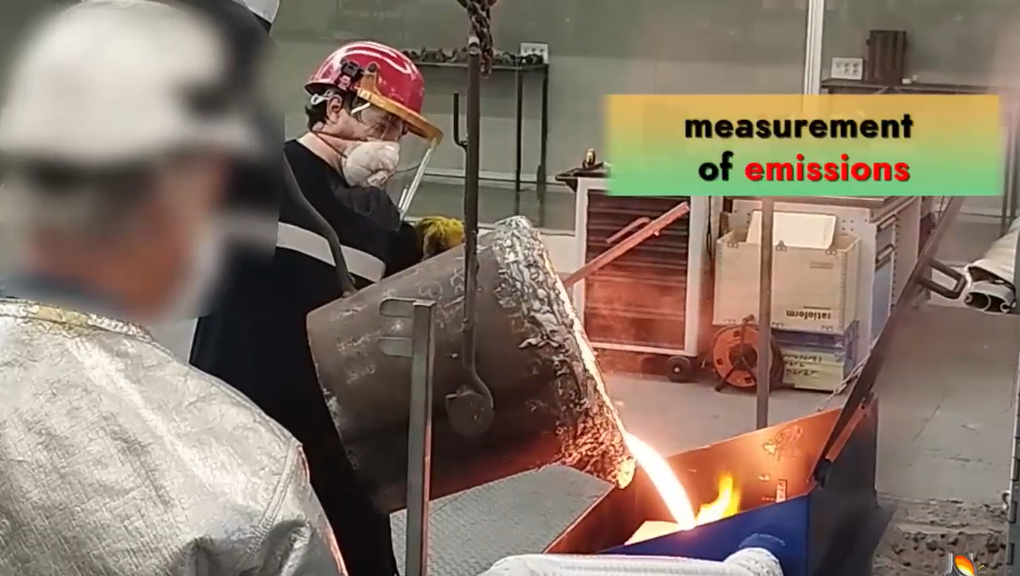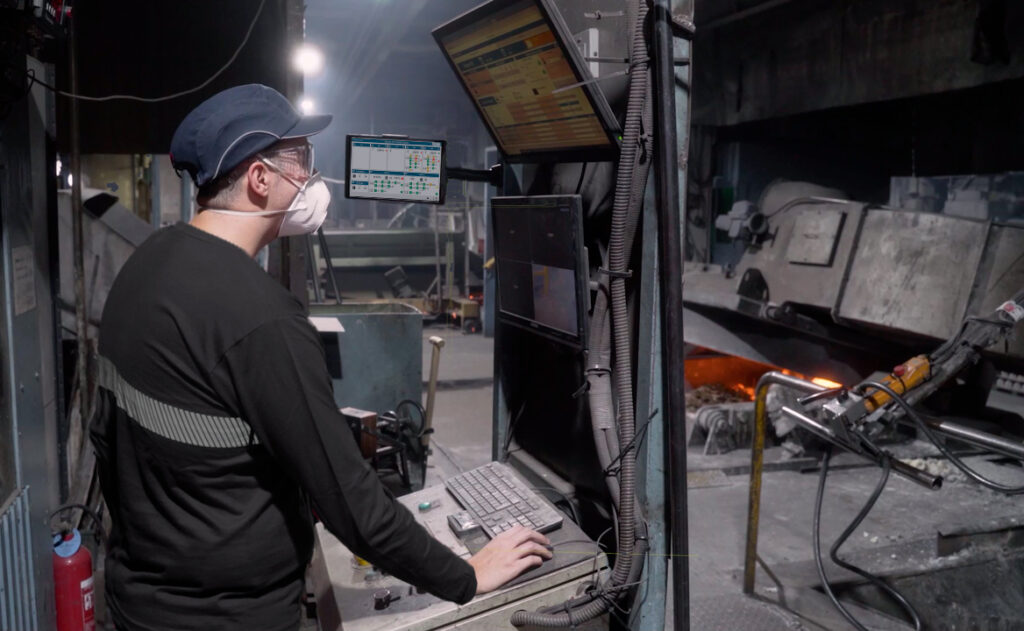AZTERLAN is working on improving the computational calculation methods used in simulation systems by applying the benefits of advanced digitalization and digital twins, through the real-time data-feed generated during the process and the learning and use of advanced prediction and classification models.
The growing adoption of process control tools and digital twins by the metalworking industry allows for improved production monitoring and optimization of its results, as well as simulating scenarios for the continuous improvement of these manufacturing processes. However, in order to go beyond the prediction capacity and to be able to develop intelligent manufacturing processes, it is necessary to apply Artificial Intelligence to them.
To this end, the DIGIPRIN project is working on the development of an AI trained by means of predictive models of various manufacturing processes and also supported by new monitoring and non-destructive inspection tools. Several reseach teams will work focused on different manufacturing processes linked to the automotive, heavy vehicle and railway industries. With this focus DIGIPRIN will generate new knowledge for the creation and implementation of Predictive Control Models and Artificial Intelligence through the digital twins of processes. The different teams will focuse on the development of new knowledge in the following areas:
- Simulation models enhanced with AI to reduce defects in the production of cast components (automotive industry)
- Continuous annealing models to predict mechanical properties in dual phase (DP) steel sheets (automotive industry)
- Laser welding solutions applied to the design of Battery Packs (electric vehicles)
- Models for laser welding with input to predict distortions and residual stresses in structural welds in parts (heavy vehicles and railway)
Artificial Intelligence and Reinforcement Learning to reduce defects in castings
Within DIGIPRIN AZTERLAN’s participation, together with HISPAVISTA LABS and EDERTEK, will be aimed at reducing defects in cast parts for automobiles through the integration of the already known digital twins along with Reinforcement Learning (RL).
As explained by AZTERLAN’s head of Intelligent Manufacturing Technologies Dr. Javier Nieves, “until now, most efforts have focused on the development of predictive control models and machine learning systems with which, through predefined data architectures, we aimed to understand the processes and the interactions between their parameters to be able to make predictions or detect those indicators that were not within the right limits. The real qualitative leap, that is the development of real intelligent manufacturing processes, will come from creating systems capable of designing and proposing action plans in dynamic and changing scenarios. To do this, we need both the way in which the systems interact with these scenarios and the way in which they learn from them to also be more dynamic”. According to the expert in advanced technologies, the usual prediction tools based on computational calculations have important limitations because they do not incorporate all the relevant and real variables of the process, in addition to not adapting to the inherent variability of the process itself or not benefiting from shared data.
To this end, the research team will work on the integration of digital twins of manufacturing processes and reinforcement learning. “Reinforcement learning is based on systems learning through trial-error interactions with an unknown dynamic environment in which they are provided with reinforcement signals for each action they perform”. In this learning method, if the objectives of the agent that is learning are defined by an immediate reinforcement signal, the agent’s task is reduced to learning a control strategy (or policy) that allows it to maximize the accumulated reward over time. That is, “in this operation, the agent is not told what action it should have performed, but rather it is allowed to collect useful experience, actions, states and ways of acting”.
In addition, the team will incorporate a recommendation system using collaborative data from a real production process, “with what this implies: real-time data, the typical variability of a real production process, which, by knowing the solutions already applied that have proven to be successful, will propose known activities to solve the detected problem. In this scenario the solution strategy will be determined by similarities to the current case.”
The DIGIPRIN project is funded by Basque Government’s ELKARTEK programme (KK_2024 00113) and is participated in by the Technology Centres belongin to the BRTA CEIT (project leader), AZTERLAN, IKERLAN and LORTEK, as well as HISPAVISTA LABS and EDERTEK. The research teams target their research at the development of AI trained from the evolution of predictive models of various manufacturing processes for the automobile, heavy vehicle and railway industries supported by new monitoring and non-destructive inspection tools.



